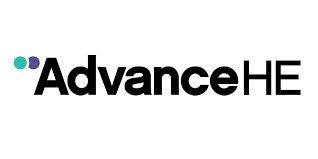Staff-student partnerships in higher education in which students are positioned as co-creators of curricula, processes and practices have gained recognition as a powerful approach to enhancing the quality of education and fostering more engaging and inclusive learning environments. Working with students as co-creators on topics as varied as decision-making, curriculum development, and/or institutional governance can afford valuable benefits to all parties involved in relation to engagement, development and inclusion.
Seeing students as co-creators in this way offers a unique opportunity to amplify student engagement, not least in decision-making processes. By actively seeking to involve students, institutions can gain valuable insights into their experiences, preferences and needs. This collaborative approach allows for the co-creation of curricula, assessment methods and student support services, leading to more student-centred educational experiences. Adopting a co-creation approach offers a means of bridging potential gaps between the formal structures of academia and the student body. Students can bring fresh perspectives, innovative ideas and lived experiences to the table, challenging and enriching existing academic approaches and thinking.
Co-creation also has benefits in relation to the personal and professional development of the participants. Students have new opportunities to hone their leadership, communication and problem-solving skills, providing them with improved intra- and inter-personal skills and many other capabilities highly sought-after by future employers. Staff members meanwhile can enhance their mentoring, facilitation and coaching abilities as well as acquiring a more grounded appreciation of the diverse needs and aspirations of students; not to mention a heightened sense of job satisfaction associated with the heightened levels of student engagement.

